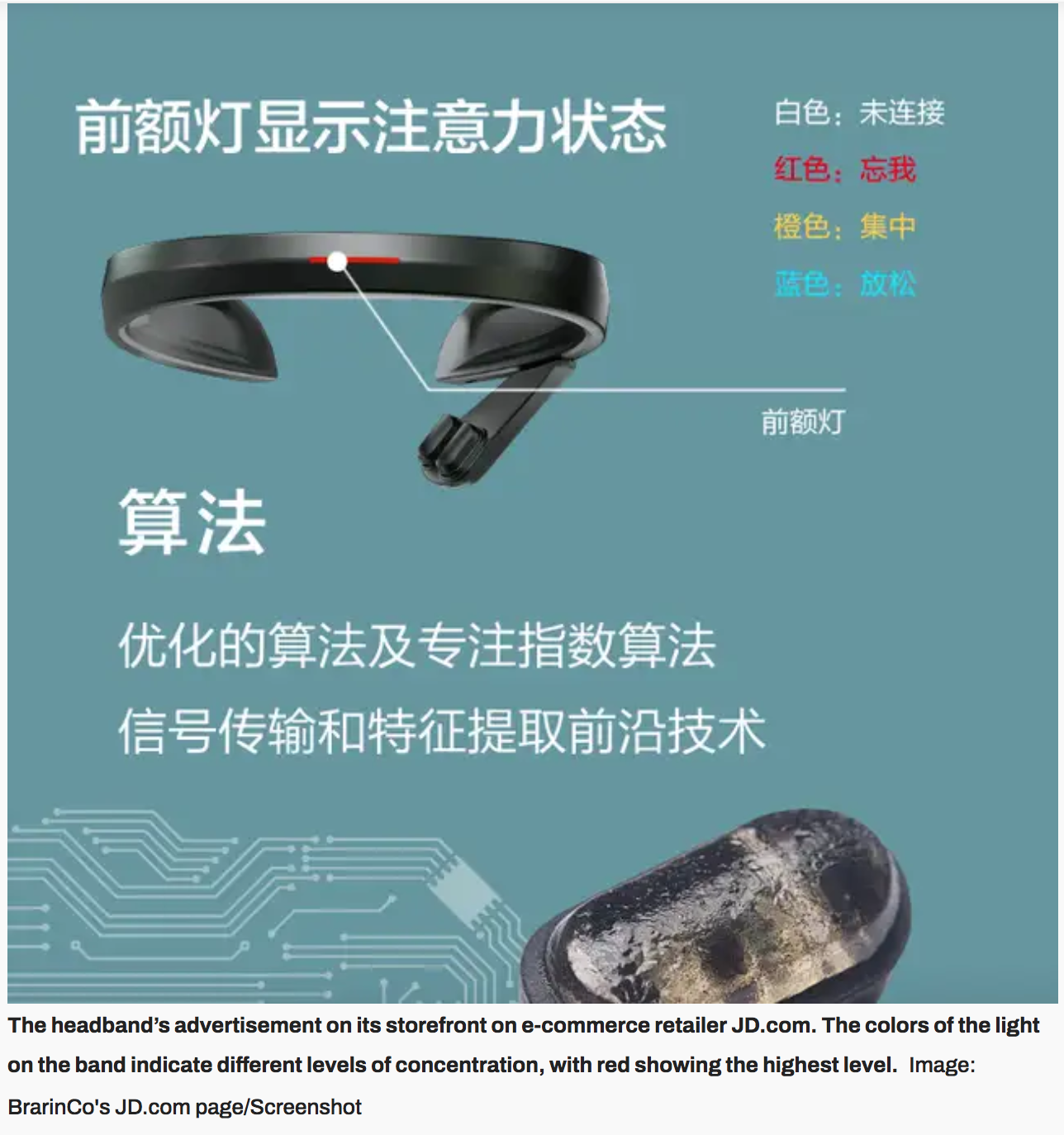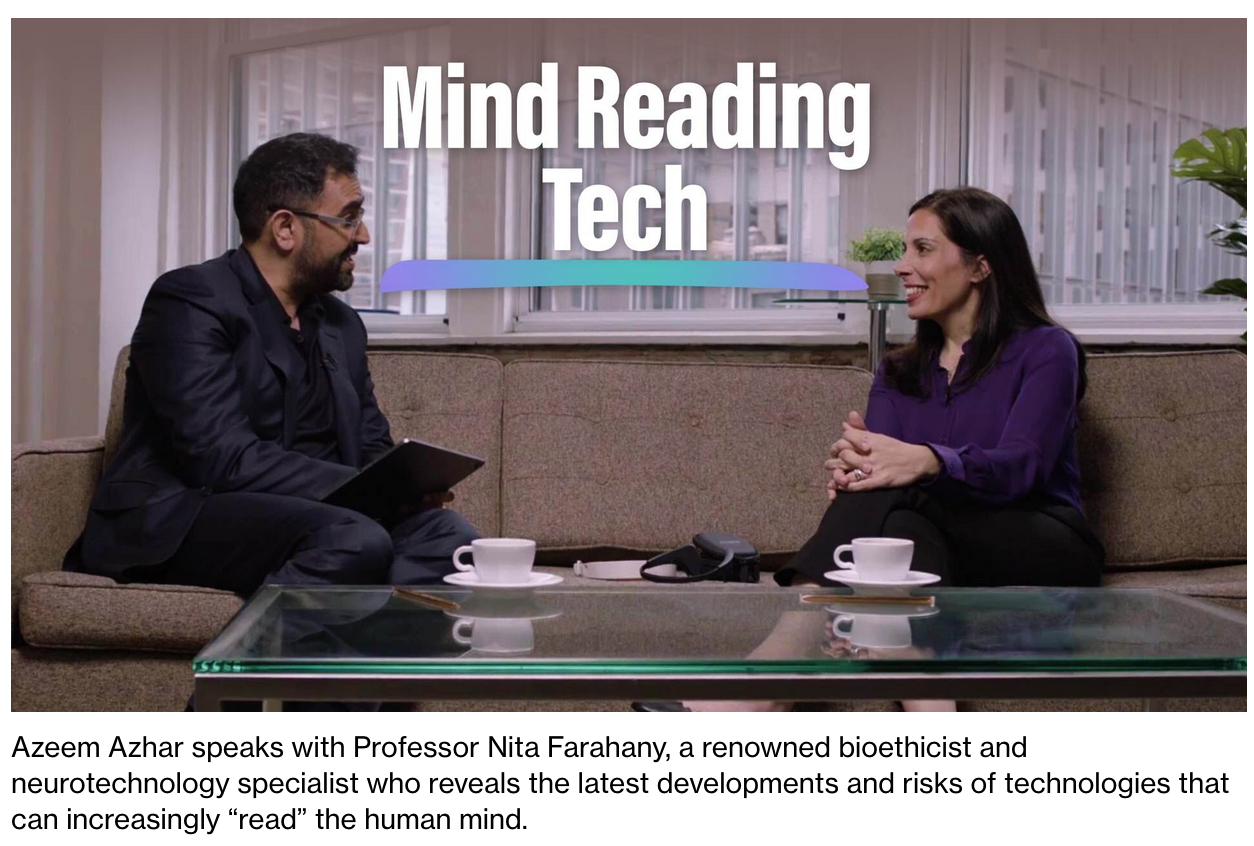Next Target For Hackers In 2024 Is Your Brain
(1). Hacking Our Brains Via Our Sense of Smell: Next Target For Hackers In 2024 Is Your Brain
“Mind your wants ’cause there’s someone that wants your mind”, George Clinton
Ilana Hairston is a psychologist at The Academic College of Tel-Aviv Yaffo in Israel. She studies how the brain works when a person is sleeping. An experiment that Ilana conducted showed that a person’s view of one another can be changed by an “outside force.”
Related:
Scientific Evidence For ESP. A World Where There Are No More Secrets!
How It Works:
Computer programmers hack into secure systems using “cracks,” a way of getting around the security to private information. It turns out that human beings have “cracks” too.
Marc Salem, born Moshe Botwinick to Jewish parents, is an American mentalist and mind reader from Philadelphia and is qualified in non-verbal communication. Salem has been using his skill as an expert in kinesics, commonly referred to as body language, and his uncanny understanding of the mental process to fascinate audiences around the world. Even though he spends a lot of time on the stage, he is also in great demand as a public speaker and continues to educate lawyers, politicians and public servants in the minute nuances of voice and movement that reveal our thoughts to those around us.
3. A Little Device That’s Trying to Read Your Thoughts:
Called the iBrain, this simple-looking contraption is part of an experiment that aims to allow Dr. Hawking — long paralyzed by amyotrophic lateral sclerosis, or Lou Gehrig’s disease — to communicate by merely thinking.
The iBrain is part of a new generation of portable neural devices and algorithms intended to monitor and diagnose conditions like sleep apnea, depression and autism.
“The iBrain can collect data in real time in a person’s own bed, or when they’re watching TV, or doing just about anything,” Dr. Low said.
The device uses a single channel to pick up waves of electrical brain signals, which change with different activities and thoughts, or with the pathologies that accompany brain disorders.
(4). Brain Decoding: Reading Minds:
Jack Gallant can read your mind. Or at least, he can figure out what you’re seeing if you’re in his machine watching a movie he’s playing for you.
Gallant, a researcher at the University of California, Berkeley, has a brain decoding machine – a device that uses brain scanning to peer into people’s minds and reconstruct what they’re seeing. If mind-reading technology like this becomes more common, should we be concerned?
(5). Chris Berka: Monitoring Your Brain:
Using Neuroscience, Chris Berka and her team at NeuroTech startup Advanced Brain Monitoring have recently identified, what “the Zone” is and how to get into it.
Chris Berka talks about how you can use advanced brain monitoring technology to improve your mental and physical performance.
(6). Hypnosis Opens Our Minds To Brain Hackers:
“Now that we know which brain regions are involved, we may be able to use this knowledge to alter someone’s capacity to be hypnotized or the effectiveness of hypnosis for problems like pain control,” said the study’s senior author, David Spiegel, MD, professor and associate chair of psychiatry and behavioral sciences.
Your eyelids are getting heavy, your arms are going limp and you feel like you’re floating through space. The power of hypnosis to alter your mind and body like this is all thanks to changes in a few specific areas of the brain, researchers at the Stanford University School of Medicine have discovered.
(7). Lighting-up The Brain:
Seeking deeper understanding of how the brain works
Edward Boyden develops techniques to study the brain, and how it operates, in finer detail. Boyden leads the synthetic neurobiology research group at the MIT Media Laboratory and the McGovern Institute for Brain Research at MIT.
These are the questions that intrigue Edward Boyden, an associate professor of biological engineering and brain and cognitive sciences at MIT.
Optogenetics Pioneer
Boyden has pioneered the development of technologies such as optogenetic tools, in which light-sensitive proteins from algae and bacteria are added to neurons. This allows the neurons to be activated or silenced with pulses of visible light.
Updated: 11-5-2019
A “Brain-Reading” Headband For Students Is Too Much Even For Chinese Parents

A headband that claims to monitor children’s brainwaves in order to improve their focus is available for purchase in China, aimed at “Tiger” mothers and fathers who’ll do everything to help their children succeed. But many of its target customers are already creeped out.
The Focus1, or Fu Si, headband, from US-based startup BrainCo, claims it can measure how closely students are paying attention through electrodes that detect electrical activity in kids’ brains and send the data to teachers’ computers or to a mobile app.
A light on the headband that gleams red, yellow or blue, also purports to signal how engaged a child is with the task at hand—with red being the highest level of attention.
The product already provoked unease in April, when photos and footage of primary school students in one Chinese province wearing the product started to circulate widely online. Now the product is retailing for about 3,200 to 14,000 yuan (about $450-$2000) on the country’s biggest e-commerce sites.
“My children are humans, not animals, they don’t need to be ‘cultivated’ like this,” wrote Weibo user Danlan Xiaoxiong, reacting to a report today about the device’s pricing and availability.
“Who gave the two schools the right to use students as white rabbits to test the headbands? I also have some products that I’d like to test on the kids, will the schools agree?” asked another user, sdjnmxh.

The backlash over the product gained steam last month after Chinese media outlets cited a Wall Street Journal report (paywall) about the experience of children using the headwear in one pilot school that displayed students’ attention levels to the entire class—simulated as rockets flying on a screen.
It reached such a level that the school featured in the story, Jinhua Xiaoshun Primary School in eastern China, was ordered to suspend the device’s use (link in Chinese) by local authorities on Oct. 31, according to the Beijing News.
The Zhejiang-based school received 50 such headbands donated by BrainCo last year, said the report.
A hashtag relating to the suspension has been trending on Weibo since last week, with the topic racking up more than 77 million views as of Monday.

BrainCo could not be immediately reached for comment.
China has been quick to adopt technologies that use biometric data for social control. Facial-recognition software, for example, is used to catch jaywalkers and lawbreakers, to monitor toilet paper use in public toilets, and for identity verification to get a mobile number.
The classroom, in particular, has become a new front in Beijing’s sweeping efforts to monitor its citizens, with facial-recognition being used to assess attendance and attentiveness, while kindergarteners interact with AI robots.
But there are signs of stirrings of unease now these uses are so pervasive—all without anything in the way of regulation covering the collection and use of the data.
A professor in the city of Hangzhou has sued a safari park that forced visitors to scan their faces to enter the venue, saying it infringed on his consumer rights by collecting such information—a court agreed to hear the case last week.
Residents of an apartment complex in Shanghai have also complained to Chinese media about the secretive installation of facial recognition devices in elevators, in a program backed by police. And pictures of the headband-wearing kids have drawn especially outraged reactions.
“What did these children do wrong to deserve this life of constant monitoring?” asked one Weibo user who was quoted by South China Morning Post in April. “It boggles my mind that we cannot put ankle bracelets on pedophiles but it is astonishingly easy to put headbands on these powerless kids.”
Some scientists have expressed concern over whether brain signal data can be accurately used in this manner—or if it should be. Chinese engineer Han Bicheng, who founded BrainCo in Massachusetts in 2015 and invented the head wear, has defended the product as a tool for helping students to improve test scores by gauging when they’re more or less engaged to find ways to help them focus better—rather than a form of surveillance.
“The headband is similar to devices used for detecting brain waves of patients in hospitals for medical assessments.
The product does not monitor all the brain activity of students, but only reads some brain signals to quantify the concentration level of the kids using computer algorithms.
The data extracted from the students will only be stored in the computers of the schools but not transferred back to our company,” Han told Chinese news site (link in Chinese) the Paper.cn recently.
BrainCo’s wearable isn’t the only device that seeks to use neuroscience to hack performance, in what looks set to be a growing field. Some devices go further—aiming to stimulate the brain while its user is practicing something to aid learning.
These devices don’t qualify as medical devices, however, and aren’t regulated as such.
Han, who’s a doctoral candidate at Harvard University’s Center for Brain Science, said the headband is at the pilot stage, and has been used only at two Chinese schools, which obtained consent from parents for doing so.
“We are going to focus on the use of the headbands at home going forward,” said Han.
Updated: 9-28-2023
The Rising Threat of Mind-Reading Technology
On the Exponentially podcast, Azeem Azhar explores the implications for privacy with Professor Nita Farahany, who urges legal protections for our thoughts.
On this episode of the Bloomberg podcast Exponentially, Azeem Azhar discusses the promise and peril of mind-reading technology with Professor Nita Farahany, the renowned bioethicist and neurotechnology specialist, who explains why we need a legal right to protect our thoughts.

Farahany explains how the technology has ceased being the exclusive province of science fiction, and instead is appearing all around us—from new Apple iPhones to police stations.
“You have a right to think freely without fear of having your feelings or thoughts intercepted or manipulated—to be able to have a dissident thought or have a creative thought,” she says.
Related Article:
Our Brains Are Quantum Computers. Well, Maybe Not Yours (#GotBitcoin?)
Marrying Quantum Mechanics, the Human Brain, Consciousness and the Holographic Universe
The Intention Experiment The Largest Mind-Over Matter Experiment in History
Scientific Evidence for ESP A World Where There Are No More Secrets!
Quantum Computation In Brain Microtubules? The Penrose …


Leave a Reply
You must be logged in to post a comment.